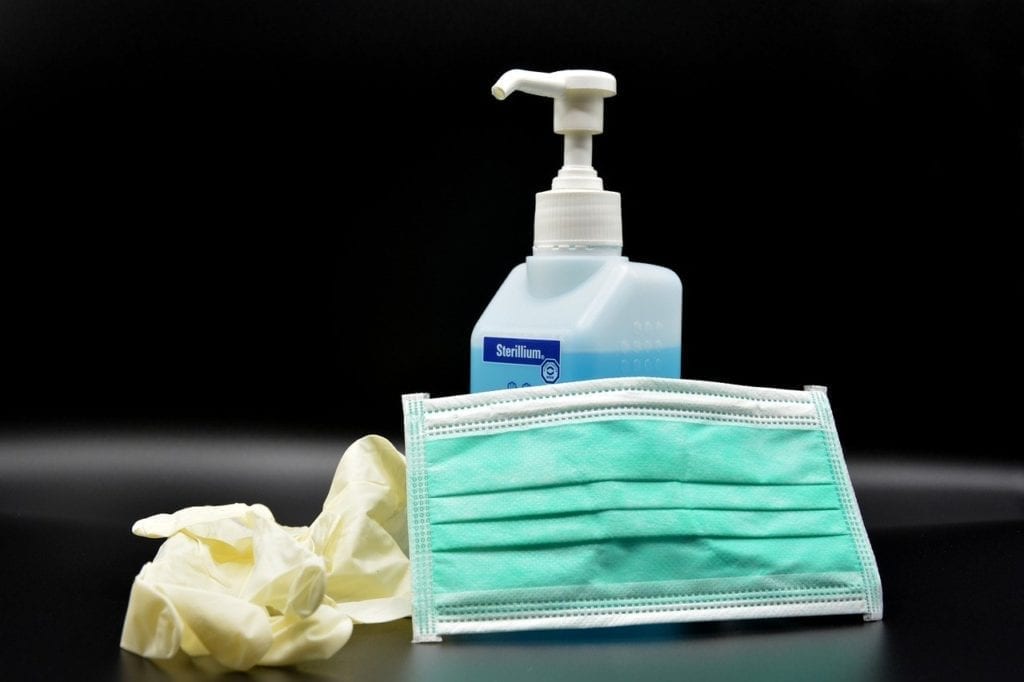Mother of two, Mina Manchester, has been navigating raising two children with an immunocompromising disorder for four years. It’s this unique experience that makes her feel more prepared and for facing the global COVID-19 pandemic. She offers her own personal experience and her biggest advice to surviving the pandemic.
Both of Manchester’s children were born with genetic immune deficiency disorders. This means the children have immune systems that are not functioning properly and as a result, they can get sick very easily. The worst-case scenario of these disorders is patient’s eventually contracting incurable lung disease that is caused by scarring from repeated respiratory infections.
Manchester’s son has hypogammaglobulemia of infancy, which affects less than 3% of the entire population. And her daughter, who is four years old, has common variable immune deficiency (CVID).
Essentially both children have very weakened immune systems which can make them very susceptible to getting sick. Manchester explains how even before the COVID-19 pandemic, Manchester was always on the lookout for a rouge sneeze or cough in public and can have a lot of anxiety about the health of her children.
They do not do tests for immune diseases in pregnancy and often it can take a little while for people to get a diagnosis because sickness can be overlooked. Manchester’s daughter actually took a while to get her diagnosis because her pediatric doctor kept stating that “kids get sick a lot” when she started experiencing frequent sickness and infections. Manchester’s daughter, for example, was sick almost every day even when no one else was and it took many frequent hospital visits to eventually lead to her diagnosis. Her immune system is basically nonexistent and she will need an infusion, made of donor plasma, to help boost her system at least once a week for the rest of her life.
Even before COVID-19, the Manchester’s made sure to limit their exposure to other people; they wash their hands constantly and try to eat as healthy and organically as possible.
Manchester recommends these same few steps as good ways to contribute to the health of everyone during this global health crisis.
Patients with COVID-19 are being isolated and not allowed to have visitors in the hospital, which can make an already scary time even more alarming.
The Manchester family knows the type of familiar isolation that can come from not trying to spread any colds or sickness to her children; similarly, people with COVID-19 will have to face the challenge of how to tell loved ones to stay away.
Manchester believes that a vaccine for COVID-19 is coming, but in the meantime, she urges everyone to stay at home. She knows firsthand how important it is to practice social isolation to prevent the spread of illness. There is a direct correlation between the more people staying at home and the more lives that are saved.
“Remember,” Manchester reminds everyone, “the life you save may be your own.”
Read the full article here.



